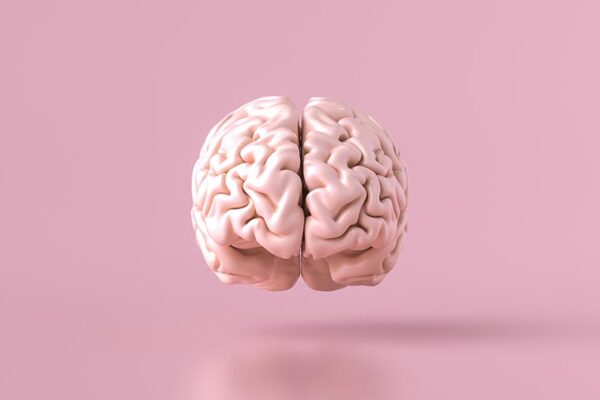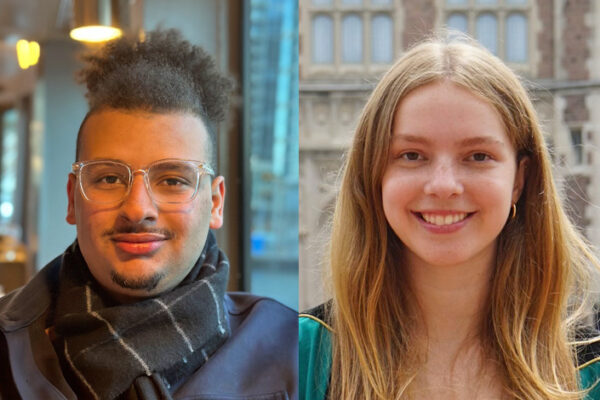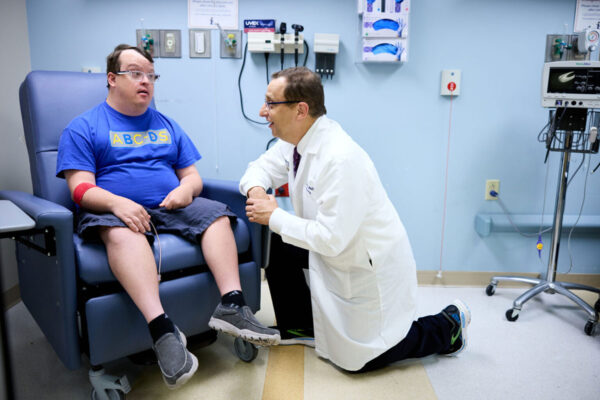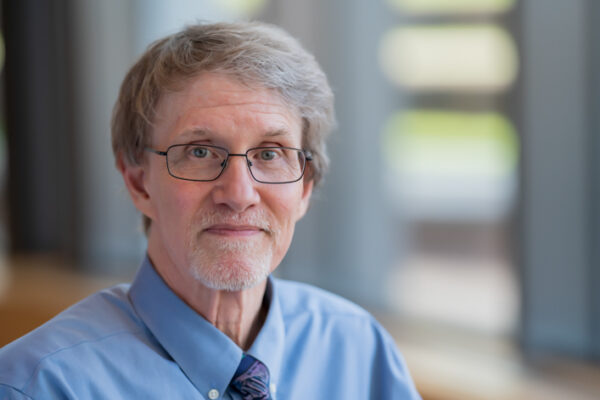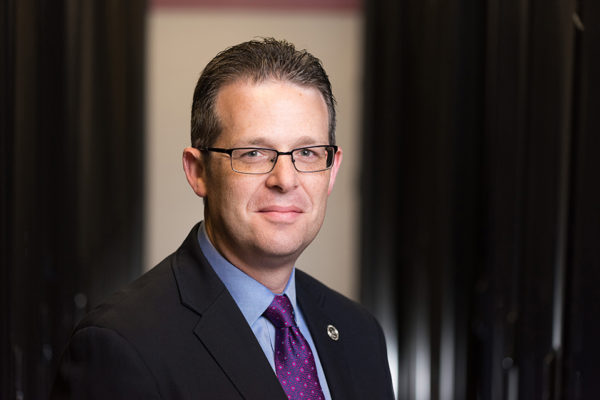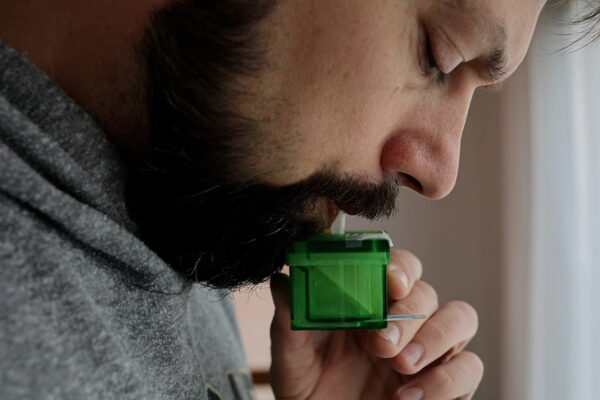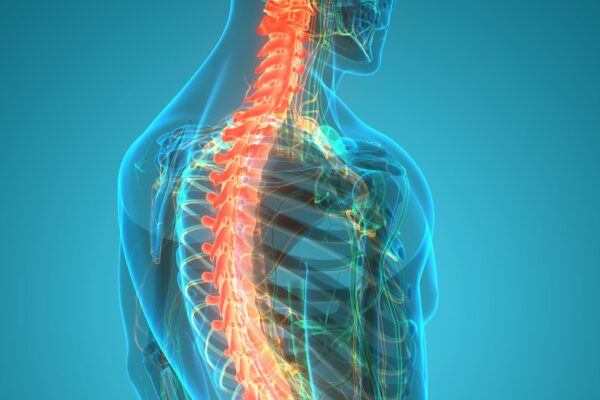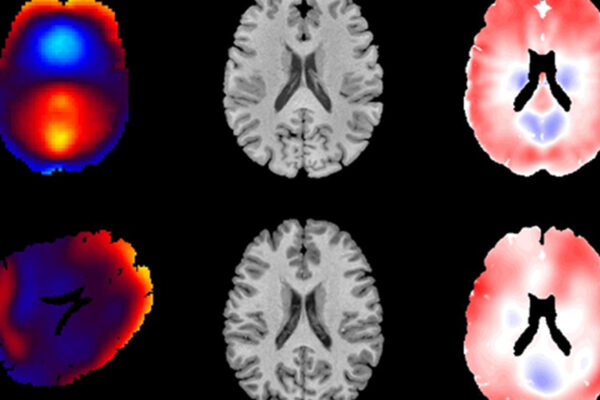Fast ‘yes’ better for brain than slow ‘no’
Research from mechanical engineers Ruth Okamoto and Philip Bayly at the McKelvey School of Engineering finds that the brain’s vulnerability to head motion depends on the direction and frequency, not just impact strength.
Brown students named ‘This is Public Health’ ambassadors
Brown School students Kate Gershwin and Will Hutson have been named to the Association of Schools and Programs of Public Health “This is Public Health” ambassador cohort.
Your Hearts, Your Scars
Adina Talve-Goodman, AB ’09, was born with a congenital heart condition and survived multiple operations over the course of her childhood, including a heart transplant at age nineteen. In these seven essays, she tells the story of her chronic illness and her youthful search for love and meaning, never forgetting that her adult life is […]
Cognitive function in Down syndrome-associated Alzheimer’s focus of grant
People with Down syndrome are at very high risk of developing Alzheimer’s disease. A project led by Jason Hassenstab, at the School of Medicine, aims to develop tools to measure cognitive function in people with Down syndrome-associated Alzheimer’s disease.
Study defines disparities in memory care
Members of minoritized racial or ethnic groups and people who live in less affluent neighborhoods are less likely than others to receive specialized care for dementia, including Alzheimer’s disease, a new study from the School of Medicine indicates.
More work needed to improve equity in public health
A new study by researchers at the Prevention Research Center and colleagues surveyed public health departments in the U.S. to understand current health equity-related work practices and identify ways to bolster equity-focused work in chronic disease prevention and control efforts.
Payne named to National Academy of Medicine committee
Philip R.O. Payne, at the School of Medicine, has joined the steering committee of a National Academy of Medicine working group to draft a code of conduct for artificial intelligence in health, medical care and health research.
Scientists develop breath test that rapidly detects COVID-19 virus
Scientists at Washington University have developed a breath test that quickly identifies those who are infected with the virus that causes COVID-19. The device requires only one or two breaths and provides results in less than a minute.
A low-cost potential therapy for spinal cord injuries
Ismael Seáñez at the McKelvey School of Engineering is developing a new method to treat spinal cord injuries that uses a low-tech electrode array that effectively stimulates muscles in the legs in people with spinal cord injuries.
Brain movement measured for clues to prevent, reduce injury
Philip Bayly and Jordan Escarcega at the McKelvey School of Engineering led a multi-institutional team to compare how the human brain deforms in response to movement using two types of magnetic resonance imaging. Such deformations are key to understanding traumatic brain injury but are challenging to study since the brain is hidden inside the skull.
Older Stories
